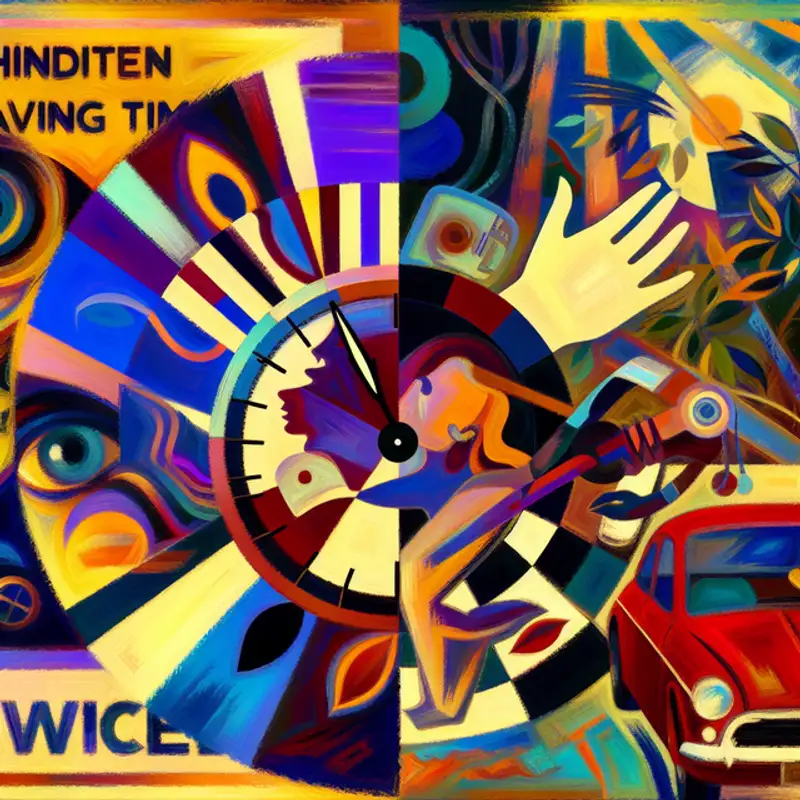 Episode
Episode
· 02:25
Springing Forward with Side Effects: How Daylight Saving Time Messes with Your Body
When we turn our clocks forward for Daylight Saving Time, we gain sunlight in our evenings—but we may also be losing more than an hour of sleep. A new article from The Economist dives deep into the biological side effects of this annual ritual and uncovers some unsettling truths. Shifting the clock interferes with the body’s internal circadian rhythms—your natural sleep-wake cycle—and the fallout isn’t limited to feeling tired for a day or two. Researchers say it may linger for weeks or even months, impacting everything from sleep quality to appetite regulation. “Your body doesn’t read clocks,” one scientist puts it plainly. It reads light—and DST confuses the system. This artificial time shift can throw off hormone production, increase the risk of heart attacks, and even encourage unhealthy eating patterns. Sounds like that extra hour of sunlight might come at a higher cost than we thought.
Key Points:
Bonus tip:
If you’re struggling with the DST adjustment, sleep experts recommend avoiding caffeine after noon, using blackout curtains at night, and exposing yourself to bright light in the morning to help reset your internal clock. Apps like Rise and Sleep Cycle can also help track and optimize your sleep through the transition.
Link to Article
Listen to jawbreaker.io using one of many popular podcasting apps or directories.